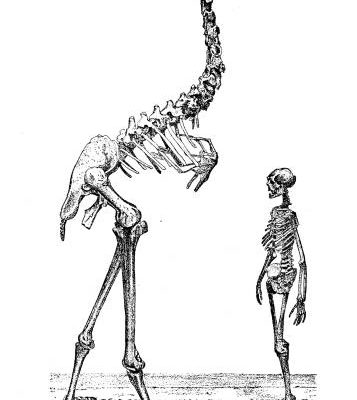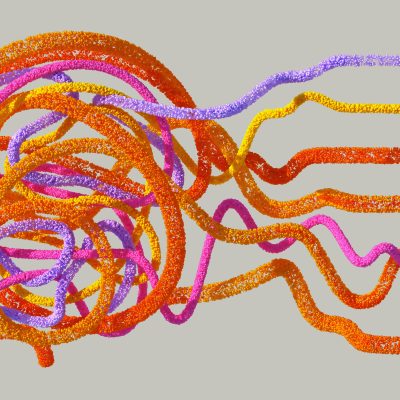The connection between happiness and a meaningful life
For many years, scholars have tried to understand happiness because it fills people with satisfaction. Everybody has a different perspective on happiness according to their own experiences and goals. To me, happiness means feeling positive about your life, while for others, it can mean feeling gratification and success. Regardless, I think that happiness comes with a meaningful life. We can understand or learn to appreciate life beyond material things when we accomplish our goals and relish in what we do.
The first reason that I believe happiness is related to a meaningful life is that according to Aristotle, “happiness turns out to be an activity of the soul in accordance with virtue.” In my opinion, this means that if a person takes an action that results in happiness, they may turn that action into a habit to regularly build moments of happiness into their life. For example, if you do a 15-minute yoga routine every day to stretch your body or make your brain feel relaxed, you are regularly practicing something that makes you happy.
The second reason why I believe life’s meaning and happiness are related is that living a meaningful life can lead us to fulfill our dreams. In an interview for Greater Good Magazine, a magazine that highlights science-based insights for leading a meaningful life, Roy Baumeister, Professor of Psychology at Florida State University, claimed: “if we just look at helping others, the simple effect is that people who help others are happier.” However, when you eliminate meaningfulness from the act of helping, Baumeister said “helping makes people less happy.” So, helping others makes you feel happy because the purpose of helping someone is to uplift them and meet their needs. Without aim, helping others doesn’t make sense. Therefore, it is clear that happiness and meaningfulness are connected because they each serve the other.
Happiness can be fleeting, while meaningfulness seems to last longer. For example, material goods can bring instant happiness, but it’s not meaningful. Meaningfulness involves thinking about the past, present, and future and the relationship between them. In “Minimalism: A Documentary About the Important Things,” neuroscientist Sam Harris said, “You open Vanity Fair or Esquire and you see very sexy and glamorous lives, and then projects for most people seem to become ‘How can I get that?’” I think that what Harris described can also apply to social media, where you log on and see dozens of advertisements for items like clothes, shoes, or cosmetics that make you think, “How can I be like the person in the ad?” This idea of wanting to be like someone you’re not forcing people to buy a product, but what people don’t realize is that the people in commercials are closer to fiction than reality.
Actor Jim Carrey once said, “I think everybody should get rich and famous and do everything they ever dreamed of so they can see that it’s not the answer.” This means that becoming rich or famous will not bring you long-term happiness, but purpose and meaning will. You might think happiness is important, but it is way more important that you connect happiness and meaningfulness because they complete each other. If you’ve found both happiness and meaningfulness in your life, you won’t need to be rich or famous to feel fulfilled. We see many rich and famous people who are still not happy and face problems.
As for me, I would rather be happy living a meaningful life than trying to chase happiness through wealth or fame, because I don’t want to choose a life that is ultimately an illusion on social media. Living a happy life is also living a meaningful life.










